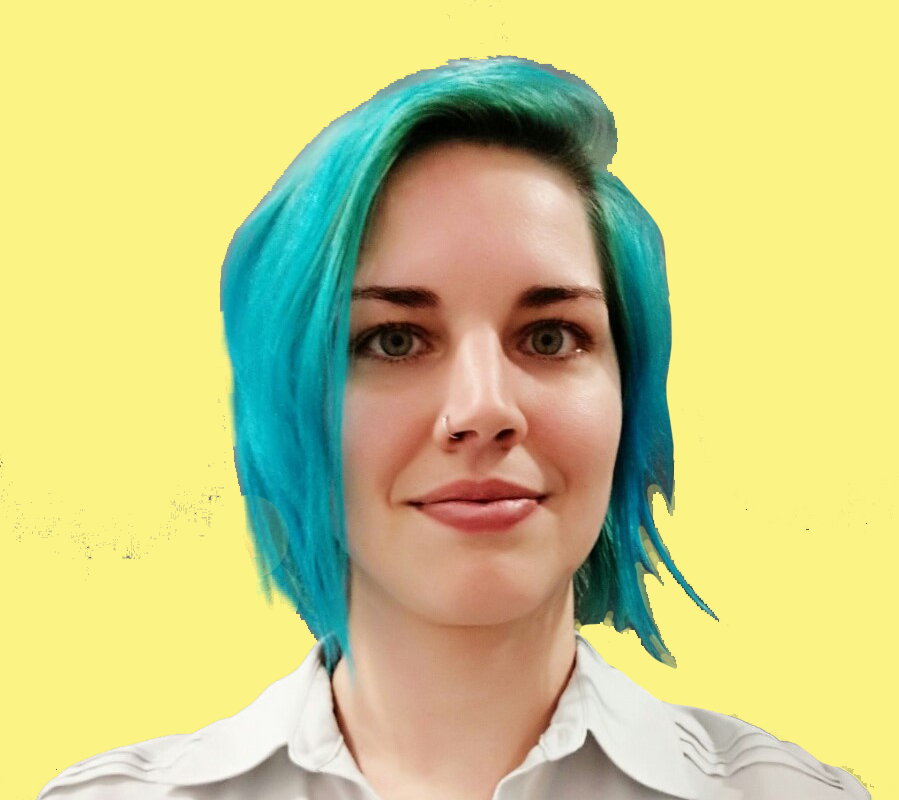Dr Katrin Kockler
Coach


Dr. Katrin Kockler grew up in Germany and did her PhD in Polymerchemistry. She is one of our many amazing STEM coaches, passionate about mentoring young girls.
I grew up in Germany with an older brother and my parents always made sure to offer us a lot of educational experiences – going to science museums, technology/aerospace exhibitions, hikes with nature books trying to identify different plant species, anything really that would foster a curious mind. I think what mostly helped spark and maintain my curiosity and scientific interest was growing up in an environment where I was always encouraged to ask questions and to try and understand how things around us worked.
I originally wanted to study medicine – not so much to become a doctor but to work in a pathological area. A bit like in all crime investigation series like CSI, Bones and so on. I always wanted to be that cool scientist that figures out through the tiniest of clues how someone died or how to solve a crime, but medicine is hard to get into, so I wanted to have a plan B in case I wouldn’t make it. In my last two years at high school, I had an amazing chemistry teacher and managed to go from a C average in chemistry to becoming an A student. So, chemistry became my plan B and as the chemistry studies in Germany are very laboratory heavy, it was the perfect combination for me of trying to understand how things work and getting lots of hands-on practical experience.
“If you’re passionate about STEM, there will always be a space for you and your ideas and it might take you to the most curious places, even literally to the other side of the world.”
I think the best moment was the opportunity for me to come to Australia. I’ve done all my school, undergrad, and PhD in Germany and never really thought I would be working anywhere else. Until I got a call from my PhD supervisor asking me if I want to go to Australia for a few months to do some research. I said yes without any further questions and those 3 months I spent in Australia ended up turning into a completely new life and career on the other side of the world, offering opportunities I never thought I would have.
The biggest obstacle I had to face was most likely getting diagnosed with cancer right in the middle of my final exams at uni before starting my PhD. Being faced with a serious health issue when all I should be focussing on was finishing my degree, doing a lot of lab work for my final research project, and then moving on to the next step in my early career, was confronting me with a lot of questions and problems that needed to be dealt with. However, I believe that it also gave me the opportunity to prove to myself how strong and persistent I can be and how unaware we often are of our ability to overcome barriers. As women in STEM, unfortunately we still often have to fight just that little bit harder to be seen, but it’s experiences like this that make it easier to recognise our own strengths.
I believe that mentoring is a great opportunity to help developing and improving a range of soft skills, such as for example communication, interpersonal or supervisor skills. Learning to foster a good mentor – mentee relationship translates to a lot of areas in my career and helps being equipped to handle a range of interactions. I have [had] several peers in different stages of their careers that I consider informal mentors, that have helped and guided me throughout my career and added a lot of value and insight.
This interview was developed in partnership with 3M.
